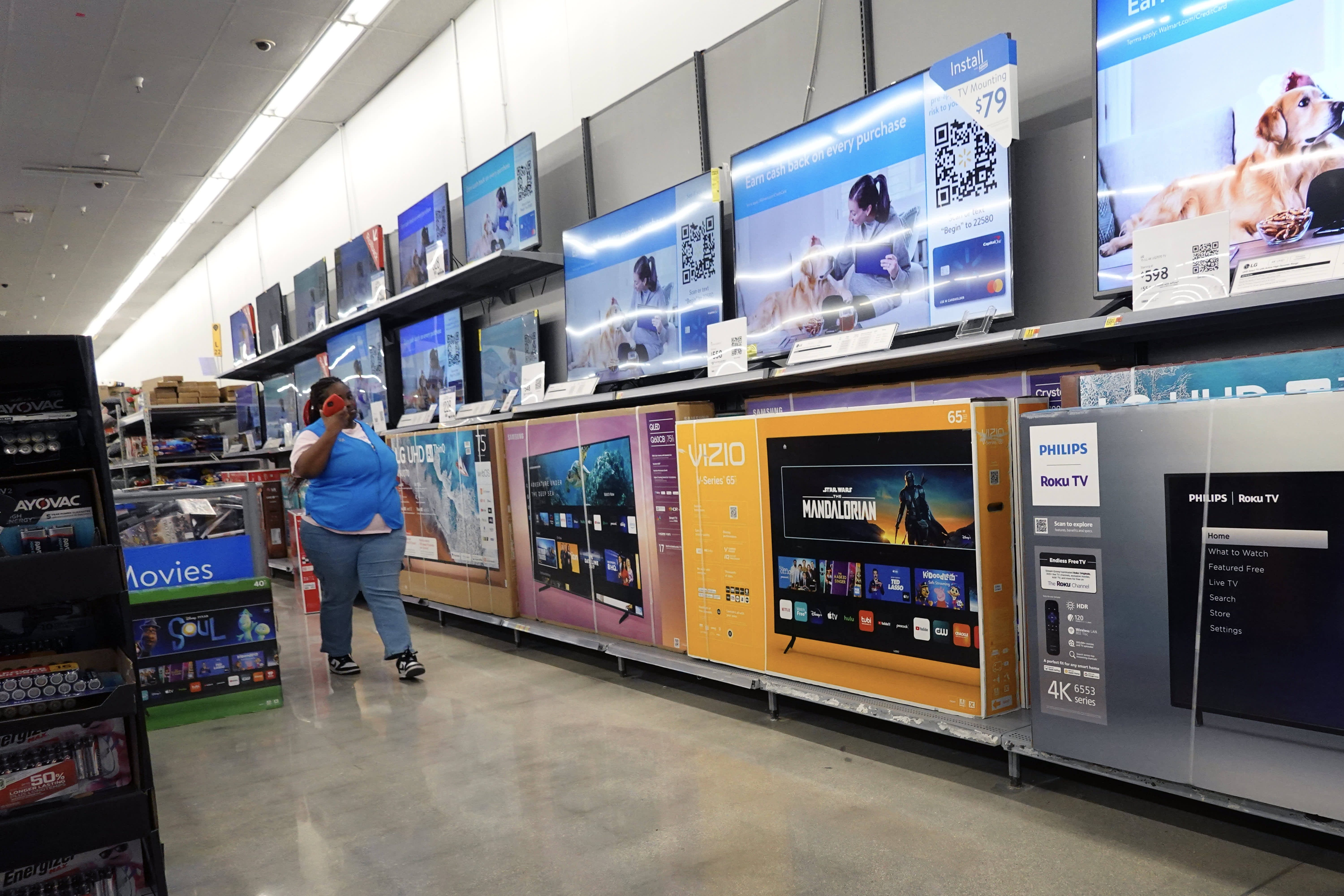Walmart’s Game-Changing Move: How the Vizio Deal Could Revolutionize the Smart TV Market
Walmart has made a strategic move by acquiring Vizio, a leading television technology company, for $2.3 billion. This acquisition goes beyond selling televisions, signifying Walmart’s ambitions to strengthen its presence in the digital advertising industry. By integrating Vizio’s technology with its platforms, Walmart aims to transform both the television market and its advertising ecosystem.

Walmart’s Tech Expansion Strategy
The acquisition is part of Walmart’s broader strategy to expand its influence in the technology and advertising sectors. Vizio’s SmartCast operating system, known for its intuitive design and seamless integration with streaming services, is a key asset in Walmart’s plans. Coupled with Walmart Connect, the retailer’s advertising platform, SmartCast provides valuable insights into user behavior and viewing habits. This integration enables Walmart to deliver highly personalized ads based on what viewers watch, creating a robust ecosystem where data becomes a powerful tool for advertisers. Rather than simply selling TVs, Walmart is building a framework that links advertisers directly to consumers, offering precision-targeted advertising opportunities.
Balancing Benefits and Privacy Concerns
While this acquisition promises significant advancements for Walmart, it also raises concerns about consumer privacy. Through Vizio’s Automatic Content Recognition (ACR) technology, Walmart can track user viewing habits, enabling more precise ad targeting. While advertisers see this as a boon, consumers may view it as intrusive. This trend of subsidized advertising, where TV prices are kept low in exchange for more targeted advertisements, reflects a growing industry shift. While it benefits consumers through more affordable televisions, it also sparks debates around data privacy and the ethical use of user information. Walmart must tread carefully to address these concerns while maximizing the value of its new capabilities. Transparency in how data is collected and used will be critical in gaining and maintaining consumer trust.
Implications for Consumers and the Industry
Walmart’s acquisition of Vizio could lead to significant changes in the television market. By cutting out intermediaries, Walmart can offer competitive pricing for Vizio TVs, creating a win-win situation for cost-conscious buyers. The ability to sell directly also allows Walmart to better integrate its advertising and retail businesses, offering bundled experiences that competitors may struggle to match.
This move positions Walmart as a formidable player not just in retail but also in digital advertising, challenging established tech giants. With the combination of SmartCast’s user data and Walmart Connect’s advertising tools, Walmart is poised to revolutionize how advertisers reach audiences through connected devices.

Walmart’s acquisition of Vizio marks a pivotal moment in the convergence of retail, technology, and advertising. While the benefits of personalized ads and competitive TV pricing are evident, the retailer must address privacy concerns to ensure consumer confidence. If successful, Walmart could set a new standard for how businesses leverage technology to create value for consumers and advertisers alike. This bold move underscores Walmart’s ambitions to lead not just in retail but also in the digital age.


Comments are closed, but trackbacks and pingbacks are open.